CABI collaborates with entomologist in Ghana to train vegetable farmers in the local preparation of neem seed-based biopesticides.
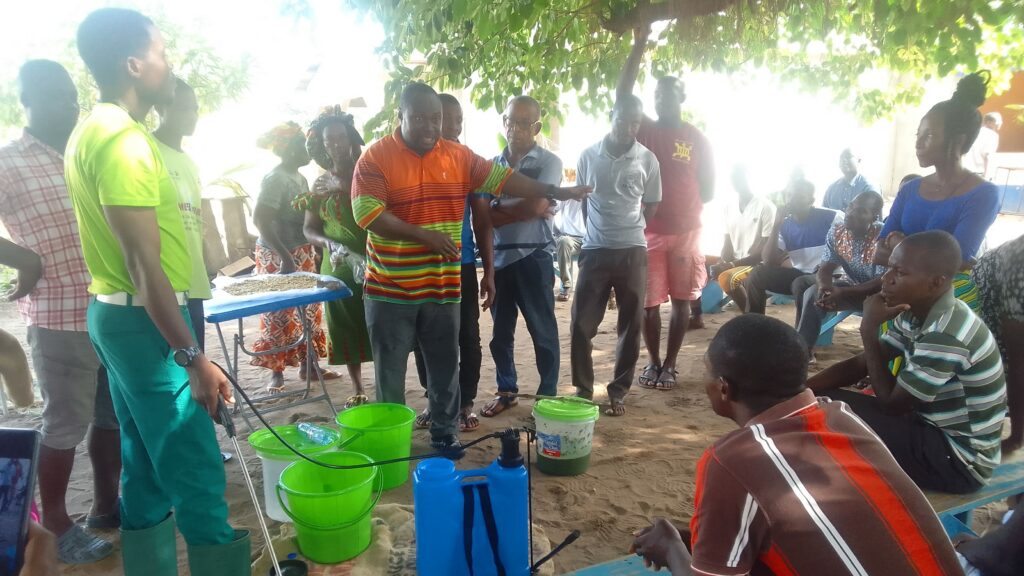
In collaboration with Professor Ken Owae Fening, an entomologist from the University of Ghana, PlantwisePlus has trained 44 vegetable farmers in the local preparation of neem-based biopesticides for pest control in vegetable production.
The training took place in March with 38 males and 6 female farmers engaged in vegetable production in the Anloga district of the Volta Region. It forms part of strategic objectives of the CABI PlantwisePlus programme to develop capacity and systems for, and also promote the increased production and use of, safer locally available and affordable low-risk plant protection products. Therefore, replacing the use of the highly hazardous chemicals for pest control in crop production.
Through this, the programme seeks to enhance knowledge and uptake of climate adaptive, environmentally-friendly and low-tech agricultural technologies. These can provide low-risk solutions for managing devastating crop pests.
Why use neem seed?
The initiative to use neem seed extracts for pest control comes on the back of research and trials done by the University of Ghana which proved that neem seed extract is effective for controlling the Diamond Back Moth (DBM) in cabbage. The research showed that the active ingredient in neem (Azadirachtin) is much more concentrated in the neem seeds. Therefore, training farmers to prepare and use extracts from the neem seeds can be an effective way of increasing access to safer and affordable homemade biopesticides. This will reduce overreliance on the more hazardous chemical pest control options.
Unlike the conventional pesticides, neem exhibits different modes of action. For example, serving as antifeedant or feed deterrent, repellent, growth arrestant, among others. This makes the extract effective for controlling a range of pest infestations in the field.
Preparing the neem seed extract
The training focused on equipping the farmers with the specific skills required to undertake each step of the preparation process. This included harvesting/collection and de-pulping of mature fruits to obtain seeds. And appropriate methods of drying and storing them.
The farmers also learned about the manual pounding of dried neem seeds to obtain a fine paste, from which the extract is finally obtained. The extract is mixed with water and strained to obtain the solution used for in spraying fields.
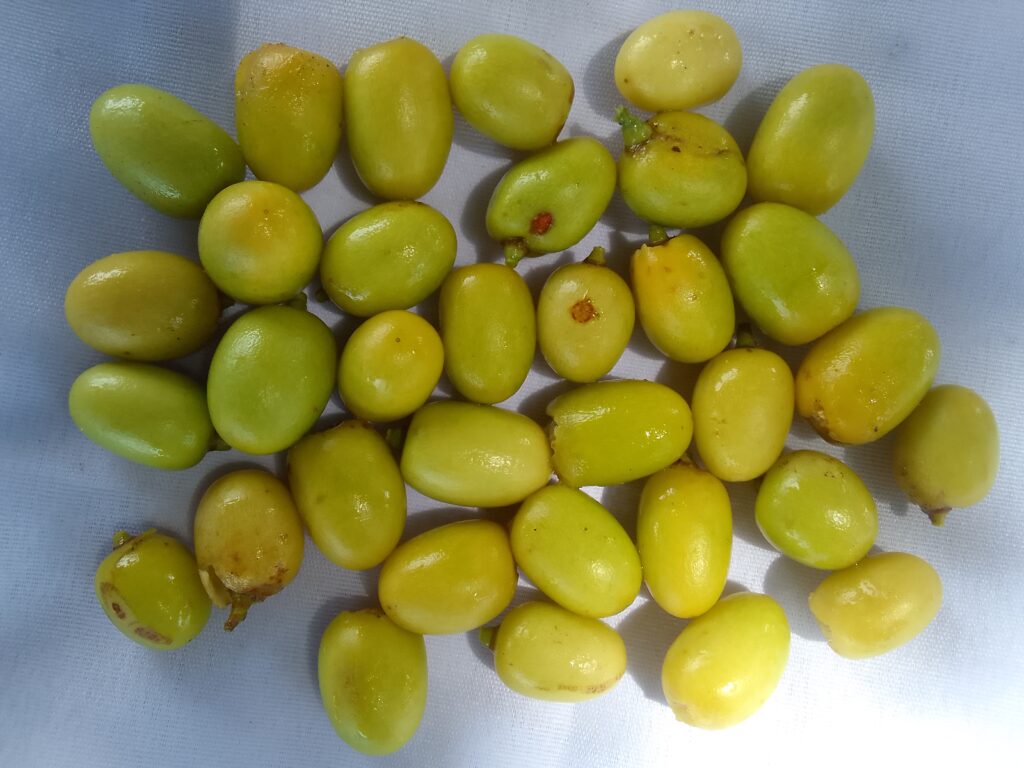

Increasing the uptake of lower-risk plant protection products
It is expected that the training will stimulate the interest of farmers in adopting proven low-cost, low-tech, locally available and safer pest control products. This will in turn help to reduce the health, environmental and food safety hazards associated with the overuse of chemical pesticides.
The farmers are likely to actively share the knowledge they acquired from the training with other farmers in their network. Thereby, helping to reach more farmers with the technology.
A post-training follow-up has shown that some of the trained farmers have already started harvesting matured neem fruits which are currently in season. They have de-pulped the fruit to obtain the seeds for storage. These seeds will later be processed and used in the new cropping season.
Going forward, the PlantwisePlus programme aims to develop a training manual on the collection, preparation and application of neem seed extract to support further trainings in other districts and regions.
About CABI PlantwisePlus
The CABI-led worldwide programme – PlantwisePlus – seeks to help smallholder farmers produce more and high-quality food. Over a period of ten years (2020 – 2030), the programme will help the ministries of agriculture and other relevant state agencies of focus countries to predict, prepare and prevent a range of plant health issues which put food security and livelihoods at risk.
PlantwisePlus aims to accelerate the availability and use of nature-positive and low-risk plant protection products to reduce reliance on high-risk farm inputs and contribute to consumer demand for safer, higher quality and locally produced food.
The programme is also working to provide digital advisory tools to boost sustainable agriculture and improve the capacity of public and private actors offering support to smallholder farmers to diagnose crop health problems – and recommend sustainable management practices.”
Read more
CABI Compendium datasheet: Azadirachta indica (neem tree)
Selecting the right biopesticide or biocontrol product for your needs
Neem-based biopesticides ‘as good as’ insecticides to fight Fall armyworm
5 advantages of biocontrol compared to chemical pest control
Conserving biodiversity: biocontrol for sustainable agriculture
Local biopesticide production hubs and the empowerment of rural women in Tamil Nadu, India
Images provided by the author
2 Comments
Leave a Reply
Related News & Blogs
How do pest risk registers address the spread of plant pests in Africa?
Pest risk registers can help to solve problems in agriculture, addressing the growing global threat of plant pests. Moreover, changing weather patterns, led by rising temperatures, are causing them to reproduce faster and expand into new regions. In ad…
10 July 2025

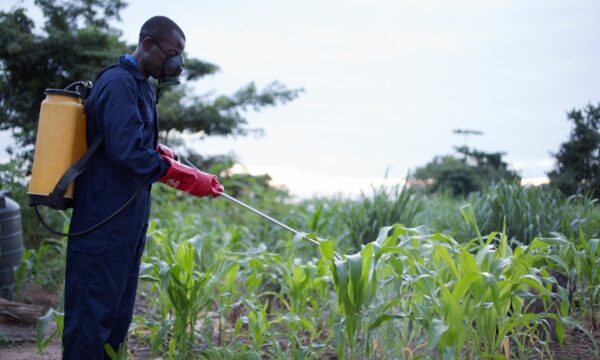
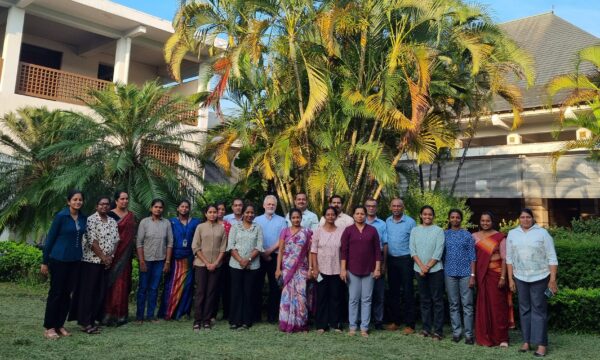
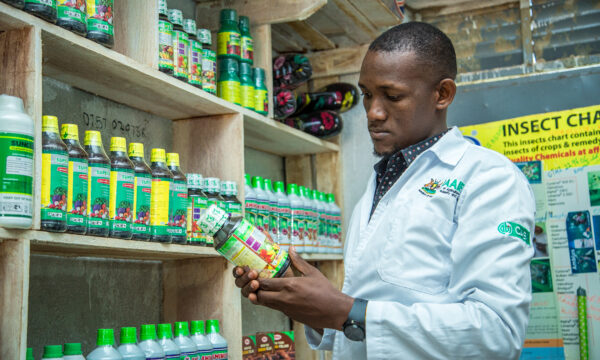
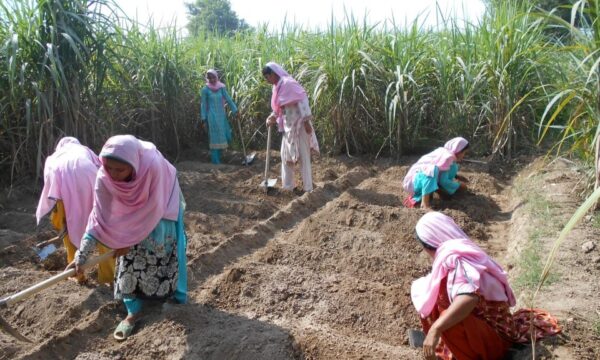
Amazing. However, in Ethiopia Neem tree was seriously damaged by insect pests 3 years ago. Farmers stopped planting the tree due to the unknown insect pest.I identified the pest as whiteflies, However how can we manage it?
Good research